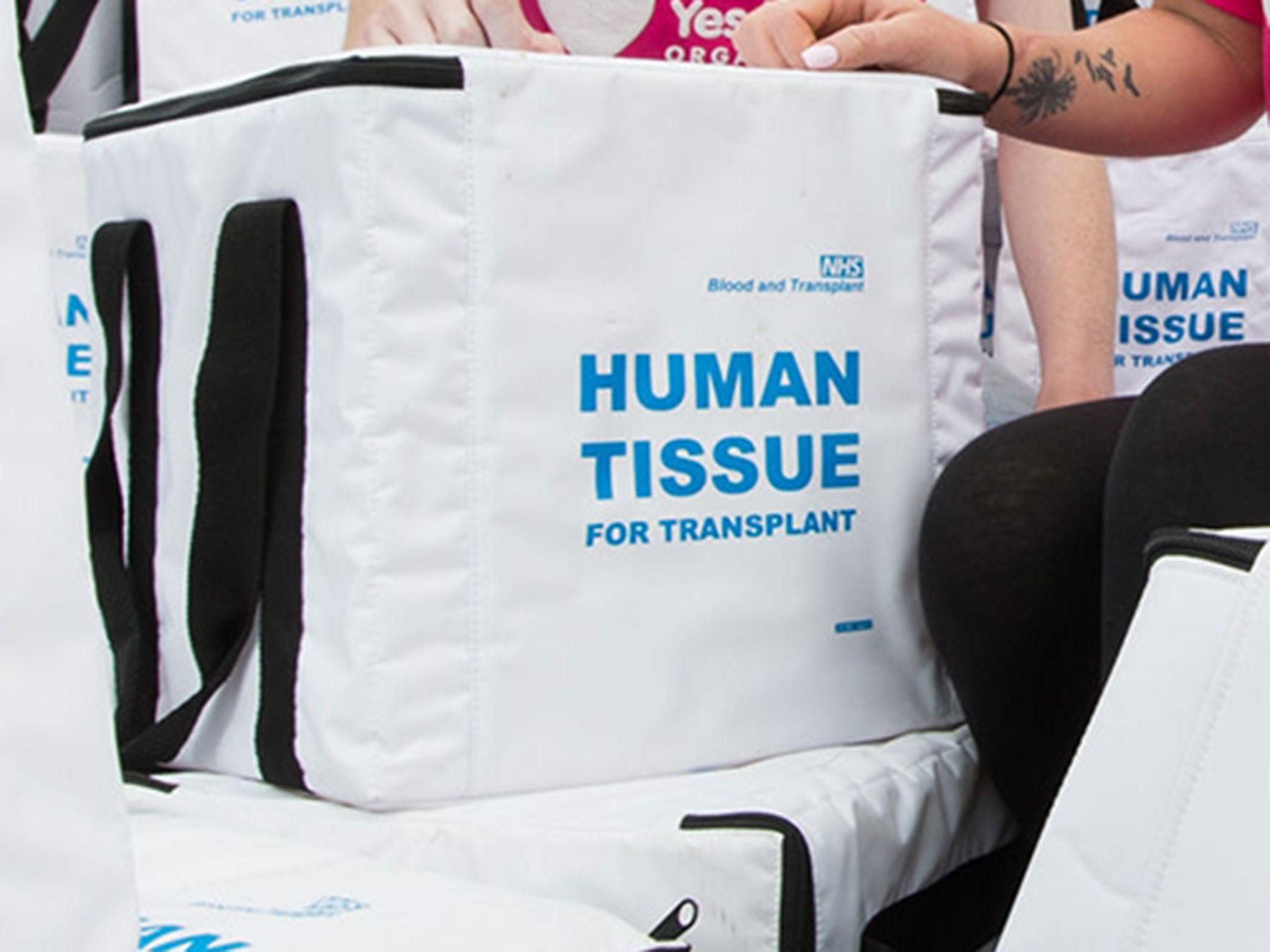New organ donor law could boost number of transplants by hundreds each year
Max and Keira’s Law changes system to opt-out

A new organ donation law could boost the number of transplants by hundreds each year and give hope to people waiting for life-saving operations.
The majority of adults in England will now automatically be considered organ donors, following a change in legislation brought about after campaigning by a young boy who received a new heart from a nine-year-old girl who died after a car crash.
Max and Keira’s Law changes the organ donor system to opt-out, meaning those aged 18 and over are deemed to have given consent to donate their organs when they die, unless they explicitly state otherwise or are in an excluded group.
Nine-year-old Keira Ball saved the lives of Max Johnson, also nine at the time, and three others after her father allowed doctors to use her organs for transplants after a crash in 2017.
It is hoped the new law will lead to an additional 700 transplants each year by 2023. It takes effect from Wednesday.
Fiona Loud, policy director at Kidney Care UK, said: “We are delighted to welcome Max and Keira’s Law, which we have supported for many years. It gives a shining light of hope to the hundreds of people waiting for a kidney transplant right now, living through coronavirus knowing that fewer transplants are taking place. Like them, we look forward to the time when the full benefits of the new law can be realised.
“In the years ahead there will need to be a huge amount of public awareness and education to help people understand the new law and dispel some of the myths surrounding organ donation. Capacity and resource must be built back up so that precious organs do not go to waste for want of an operating theatre or lack of staff.”
Anthony Clarkson, director of organ and tissue donation and transplantation at NHS Blood and Transplant (NHSBT), said: “We hope this law change will prompt all of us to consider whether or not we would want to donate our organs and encourage us all to register and share our decision with our family and friends.”
He added that people should be aware they will still have a choice on whether or not to donate, and reassured the public that families will still be consulted, and faith, beliefs and culture will continue to be respected.
Acknowledging the increased effect of Covid-19 on people from black, Asian and minority ethnic backgrounds, Kirit Modi, honorary president of National BAME Transplant Alliance, said his organisation is working closely with NHSBT to “carefully consider and work to address any disproportionate impact on BAME patients”.
The number of transplants taking place across the UK recently has dropped dramatically due to the coronavirus pandemic, with figures from NHSBT showing just 99 such operations were performed in April compared with 244 in March.
NHSBT said it is working closely with transplant centres who are considering re-opening their programmes in a phased return to normal as NHS services are scaled up again.
Health minister Lord Bethall said earlier this week that while the law comes into force on Wednesday it may not come into practice straight away “due to the limitations of Covid”.
Matt Hancock, the health secretary, said: “Today we celebrate a milestone for organ donation as we move to a new system of deemed consent in England which will mean hundreds more lives could be transformed each year.
“I want to pay tribute to Max, Keira and everyone else who campaigned for this change.”
The law change has been widely welcomed by charities including the British Heart Foundation and Kidney Care UK.
A similar law was introduced in Wales in 2015, while Scotland is due to have such a measure in place by autumn 2020.
Northern Ireland continues to have an opt-in system.
Additional reporting by Press Association
Subscribe to Independent Premium to bookmark this article
Want to bookmark your favourite articles and stories to read or reference later? Start your Independent Premium subscription today.

Join our commenting forum
Join thought-provoking conversations, follow other Independent readers and see their replies